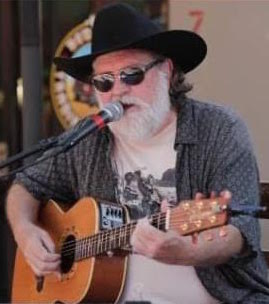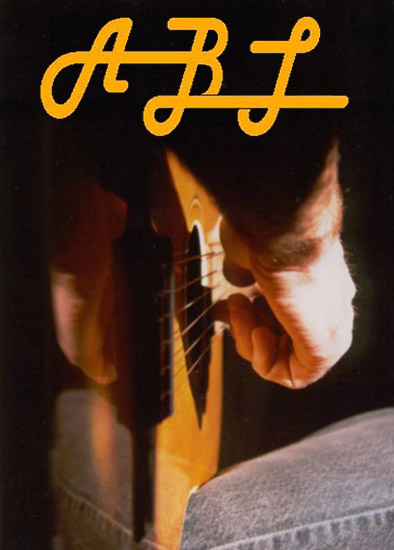|
Column Archive |
||
July, 2011 |
"Cowriting Part 3" |
by Ed Skibbe |
|
|
This is the final installment of a three-part series begun a couple of weeks ago. We already talked about why you should (or shouldn't) cowrite and listed some of the rules of the road for cowriters. This time, I want to offer some specific tips for finding cowriters and getting started with cowriting, and some dos and don'ts. Keep in mind that cowriting is a relationship and there are as many ways for a relationship to work as there are relationships. Getting Started 2. Listen to other songwriters. Go to other songwriters' performances and be objective about what you hear. How do you compare to these songwriters and how do your songs compare? Don't be misled just by performing ability or by your natural ego. Listen to the songs. Are they "radio ready"? resist the temptation to believe you or your songs are better. Are you? Really? Why are they performing while you are sitting in the audience? What do they do really well that you wish you could emulate? What do you do really well that might enhance their strengths? Listening with an open, objective mind to other songwriters will also help you to find your peer group. 3. Know yourself. What are your strengths? What are your weaknesses? What styles suit you? Would a particular cowriter complement what you are doing? Sometimes a strong lyricist and a strong melody writer complement one another and sometimes two people with similar strengths complement one another. It's chemistry, but if you don't know yourself, you won't recognize the potential for cowriting in others. Interestingly, getting to know other songwriters and finding a good songwriting peer group can help you get to know yourself better. 4. Think of cowriting as the intimate or potentially intimate relationship that it is. Get to know one another a little. If possible, go have coffee or another beverage and just talk. Talk about the music you like. Talk about sports or food or movies or books or families. Trade a few songs you are proud of. Find at least a little common ground as people first and as songwriters second. Dos and don'ts 2. Do be on time. Don't forget to call your cowriter if you will be more than 15 minutes late. (The Nashville community seems to treat up to about a 30-minute delay as though it was "on time." I find this very inconsiderate.) 3. Do bring all the materials you need for a writing session. Bring your notebook, your computer, pens or pencils, tape recorder or other recording device, your instrument, a tuner, rhyming dictionaries or other reference materials . . . whatever you use when writing. Don't be an unnecessary burden on your cowriters. Don't let your unpreparedness waste time in the session. 4. Do come prepared with song ideas. Don't be surprised though, if after some initial ritual sharing of ideas you mutually decide to write about a "fresh" topic. 5. Do be generous and tolerant of your cowriter(s). Some of the most creative people I know have very unconventional personalities and odd interpersonal styles. Give them as much leeway as you can. It may eventually prove to be an unworkable relationship, but give it a chance, especially at first. 6. Do pick and choose which ideas you want to share with which cowriter. Take into account their strengths and weaknesses. Don't be defensive or possessive about your song ideas. They really are not that precious. They don't even belong to you really. They belong to the song and to your potential listener. When your cowriter doesn't like something, don't take it personally. Find something you both like. (Always file away those good-but-rejected ideas for later use!) 7. Do be positive and professional. If the collaboration does not work out, your positive attitude may still earn you a reference from or future support from the other writer. Don't assume that because a particular cowriter's ideas aren't working well for you, that the other person is incompetent. You may just be on different creative wavelengths. A mismatch between personalities, moods, biorhythms or whatever can sometimes throw an otherwise very creative person off-stride. Err on the side of being magnanimous. Unless the experience is just awful, give it another try some other time. 8. Do be flexible about productivity in the session. Don't fret overly and don't force the issue if the ideas are not flowing. Sometimes the most productive thing you can do is take a break. Mark D. Sanders, the cowriter of such hits as "I Hope You Dance" is known among his peers (somewhat tongue-in-cheek) as being a true songwriting genius because he knows exactly the right time to go to lunch. 9. Do continue communicating with your cowriters after the session has ended. Almost all great songs take more than one session and cycles of rewriting to finish. If you have ideas after the session is over, go ahead and work them through, but communicate promptly with your cowriter about them. Songs do sometimes "bifurcate" after a cowriting session. One of you goes off and changes the song in a new direction. The other goes off and changes it in a different new direction. This may result in two distinct songs or in a separately copyrighted derivative work. Remember, don't change a collaborative work without the permission or participation of your collaborator(s). 10. Do wacka do. Don't wacka don't. ;-) Be prepared to have fun. This
isn't rocket surgery and it isn't a frigging corporate job! Despite
some notable examples of long-term success between people who maybe
don't even speak to one another outside of writing together, I personally
have never had a successful cowrite that wasn't fun! |
|||
| TOP | |||


